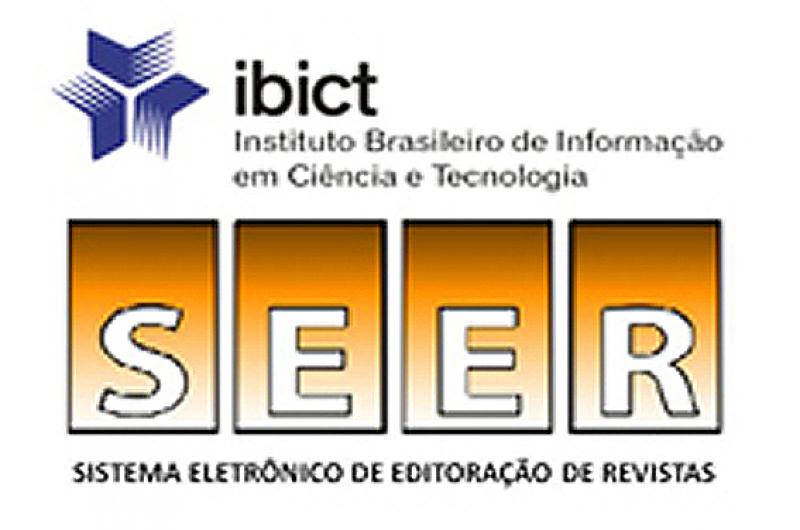O fenômeno das fake news: problemáticas e possibilidades
DOI:
https://doi.org/10.31416/rsdv.v7i2.98Palavras-chave:
Ética, Pesquisa, Fake NewsResumo
O presente artigo analisa os efeitos das chamadas fake news, em um contexto político, publicitário, social e ético. O objetivo da pesquisa, por meio de revisão bibliográfica em livros, periódicos e artigos científicos, é desenvolver um estudo onde se levantassem aspectos da influência dessas notícias falsas na sociedade, espalhadas no ciberespaço, sem compromisso com a ética e a verdade. Para tanto, as fake news foram acompanhadas e analisadas, observando não só os malefícios, mas se há benefícios na utilização e como controlar esse novo aparato digital. Trata-se de uma reflexão sobre uma temática ainda em estudo, observando, sem pretensão de respostas conclusivas, os desafios que vem gerando esse instrumento digital.
Referências
ALVES, Gabriel. Cientistas buscam estratégias para lutar contra 'fake news'. Folha de São Paulo, 12 de março de 2017. Disponível em: <https://www1.folha.uol.com.br/ciencia/2017/03/1865611-cientistas-buscam-estrategias-para-lutar-contra-fake-news.shtml>. Acesso em: 01 de nov. 2018.
BBC Brasil. Por que os serviços de inteligência dos EUA acham que a Rússia interferiu na eleição de Trump. 7 de janeiro de 2017 Disponível em: <http://www.bbc.com/portuguese/internacional-38525951> Acesso em: 09 dez. 2018.
CASTELLS, Manuel. A sociedade em rede. São Paulo: Paz e Terra, 1999.
CULTURA DIGITAL. Marco Civil da Internet entre em vigor. 23 de junho de 2014. Disponível em: <http://culturadigital.br/marcocivil/2014/06/23/marco-civil-da-internet-entraemvigor/ > Acesso em 09 dez. 2018.
G1. São Paulo. Notícias falsas sobre eleição nos EUA têm mais alcance que notícias reais. 17 de novembro de 2016. Disponível em: <http://g1.globo.com/mundo/eleicoes-noseua/2016/noticia/2016/11/noticiasfalsas-sobre-eleicoes-nos-eua-superam-noticiasreais.html> Acesso em: 09 dez. 2017.
GRAGNANI, Juliana. Exclusivo: investigação revela exército de perfis falsos usados para influenciar eleições no Brasil. BBC Brasil, 8 de dezembro de 2017. Disponível em: <http://www.bbc.com/portuguese/brasil-42172146>. Acesso em: 09 dez. 2018.
GRIJELMO, Àlex. A arte de manipular multidões. 28 de agosto de 2017.Disponível em: <https://brasil.elpais.com/brasil/2017/08/22/opinion/1503395946_889112.html> Acesso em: 01 nov. 2018.
LÉVY, Pierre. Cibercultura. Tradução de Carlos Irineu da Costa. 2ª ed. São Paulo: Editora 34, 1999.
SIMÕES, Isabella de Araújo Garcia. A Sociedade em Rede e a Cibercultura: dialogando com o pensamento de Manuel Castells e de Pierre Lévy na era das novas tecnologias de comunicação. 2009. Disponível em: Acesso em: 15 de julho de 2018.
WOLF, Mauro. Teorias da Comunicação. 7. ed. Lisboa (Portugal): Presença, 2002.















